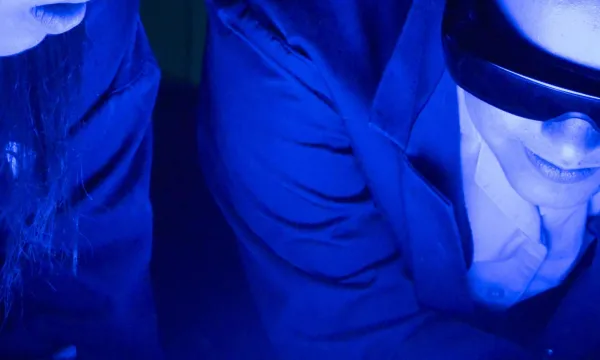
A Question of Taste
An unusual human trait is explored through DNA extraction, PCR and gel electrophoresis enabling students to determine their own genotype in relation to tasting the bitter chemical PTC.
Recommended for: KS5 (16+)
Wheelchair access limited
Theme day
